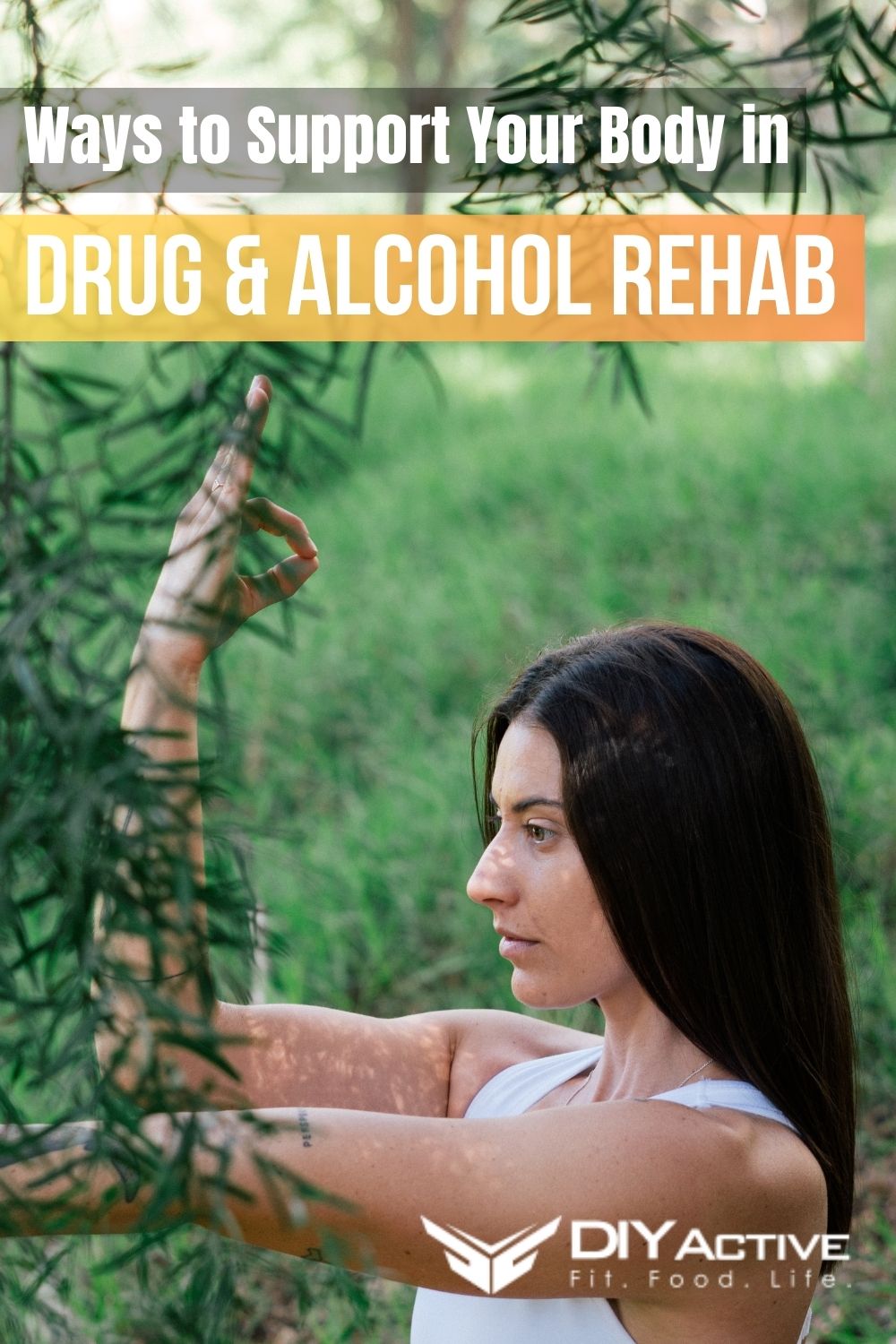
Ways to Support Your Body During Drug and Alcohol Rehab
The path to sobriety can be both physically and mentally demanding, making it essential to explore various techniques and strategies to support your body during this transformative process. In this blog, we’ll delve into the top five ways to support your body during drug and alcohol rehab. From nutrition to physical fitness and holistic approaches, these methods can make a significant difference in your recovery journey.
Proper Nutrition is Essential
Even though you may want to eat your feelings, when you are in recovery from addiction, you need healthy foods. Proper nutrition is the foundation of any successful rehabilitation program, especially in the context of drug and alcohol rehab.
Your body needs essential nutrients to heal, repair, and cope with the challenges of addiction recovery. Here are some key dietary considerations to ensure your body gets the support it needs during rehab:
A balanced diet should be the core of your nutritional plan. It involves incorporating a variety of fruits, vegetables, lean proteins, whole grains, and healthy fats into your meals. These foods supply vital vitamins and minerals to help your body heal and recover.
Staying well-hydrated is often overlooked but incredibly important. Water helps flush toxins from your system and supports overall bodily functions. Maintaining proper hydration can be particularly essential as your body adjusts to sobriety.
Additionally, it’s important to remember that highly processed and sugary foods can lead to blood sugar spikes and crashes, potentially triggering cravings. It’s best to minimize their consumption during your recovery period.
Holistic Approaches and Mindfulness Techniques
Holistic approaches and mindfulness techniques can play a profound role in enhancing your recovery journey as well. Mindfulness meditation is a powerful tool for managing stress, cravings, and emotional turbulence.
By learning to stay present in the moment and observing your thoughts without judgment, you can gain better control over your reactions and choices. Many recovery centers help people learn these techniques.
Whether you are in detox near Riverside California or somewhere on the other side of the country, many therapeutic approaches incorporate at least some mindfulness techniques.
Yoga and Tai Chi are another holistic approach. These mind-body practices combine physical postures, breathing exercises, and meditation.
They help improve flexibility, balance, and overall well-being while promoting a calm, focused mind. Additionally, they can assist in reducing cravings and enhancing self-awareness.
Acupuncture is an ancient healing practice that involves inserting thin needles into specific points on the body to promote energy flow. It can be helpful in managing withdrawal symptoms, reducing anxiety, and alleviating pain.
Lastly, expressive arts therapy, including visual arts, music, and dance, can serve as a therapeutic outlet for emotions and experiences. It allows individuals to explore and communicate their feelings in a safe and creative way.
Physical Fitness Helps You Feel Strong and More
Engaging in a structured exercise regimen can provide a multitude of benefits, both physically and mentally. Regular physical activity is a powerful tool to rebuild and strengthen your body after the toll of addiction. It enhances muscle tone and endurance, helping you regain physical vitality.
Exercise triggers the release of endorphins, which are natural mood lifters. This can be especially beneficial in combating the emotional challenges that often accompany recovery, such as depression and anxiety.
The stress-reducing effects of exercise are also invaluable during the recovery journey. It can help you manage cravings and reduce the likelihood of relapse by promoting a sense of well-being and relaxation.
When you workout regularly, you will also experience improved sleep. Addiction often disrupts sleep patterns. Regular exercise can help regulate your sleep cycle, leading to better rest and overall cognitive function.
Physical fitness is not just about the body; it fosters holistic healing by bringing balance to mind and spirit. The sense of accomplishment and self-worth that comes from completing workouts can be a significant boost to your self-esteem.
Another benefit is that it can foster social connections. Engaging in group fitness activities or team sports can provide a sense of community and support. This is particularly important during the early stages of recovery when isolation can be a risk factor.
It’s essential to tailor your fitness routine to your specific needs and physical condition, and always consult with your healthcare team before commencing a new exercise program. They can guide you on the right balance between aerobic, strength, and flexibility exercises based on your current health status.
Photo by Klaus Nielsen
Photo by RF._.studio



